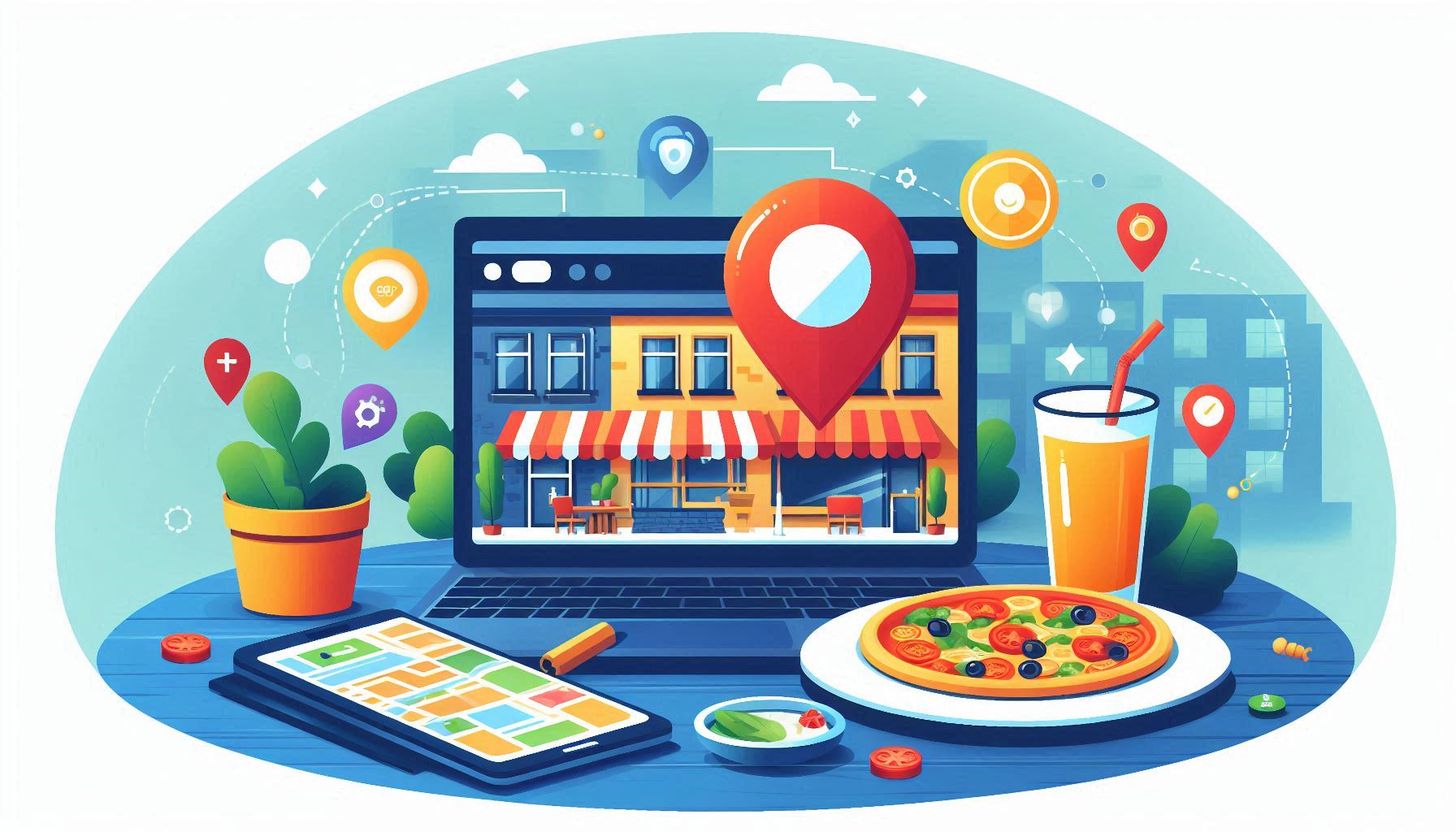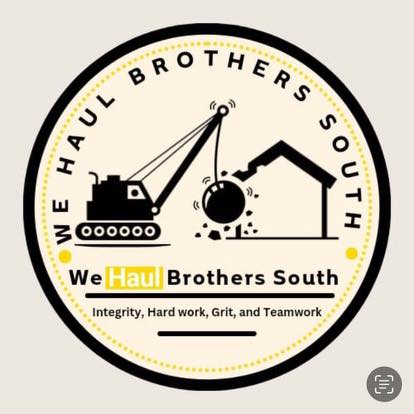In today’s digital landscape, having a strong online presence is crucial for restaurants looking to attract more customers and increase foot traffic. With the rise of online searches, most diners rely on search engines like Google to find nearby restaurants. This makes Local SEO an essential strategy for restaurants aiming to rank higher in search results and appear in front of potential customers.
Optimizing for local business listing, improving map listing, and managing ORM (Online Reputation Management) can significantly enhance a restaurant’s visibility. Additionally, effective review management and leveraging local marketing services can set your restaurant apart from competitors.
In this guide, we will explore the best Local SEO tips that will help restaurants improve their online rankings and attract more local customers.
What is Local SEO for Restaurants?
Local SEO is a specialized digital marketing strategy that focuses on improving a business’s visibility in local search results. For restaurants, this means optimizing online presence so that customers searching for “best restaurants near me” or similar queries can easily find them.
By optimizing local business listing, ensuring accuracy in map listings, and managing customer feedback, restaurants can enhance their search engine rankings and increase the chances of attracting new customers.
Why is Local SEO Important for Restaurants?
- Increases Online Visibility – A well-optimized business listing helps restaurants appear in relevant searches, attracting more customers.
- Drives Foot Traffic – Map listing and local search optimization ensure that potential diners can easily locate your restaurant.
- Boosts Brand Trust – Positive reviews and review management build credibility, making your restaurant more appealing to new customers.
- Enhances Competitive Edge – Effective local marketing services help you stay ahead of competitors in your area.
- Improves Customer Engagement – Optimizing for Local SEO allows you to interact with customers through reviews and ratings.
Now, let’s dive into the best strategies to optimize your restaurant’s local business listing and improve your search rankings.
Claim and Optimize Your Google My Business (GMB) Listing
One of the first steps in Local SEO is claiming and optimizing your Google My Business (GMB) listing. This is a free tool from Google that allows businesses to manage their online presence across Google Search and Maps.
To optimize your business listing, follow these steps:
a. Ensure your business name, address, and phone number (NAP) are accurate.
b. Select the appropriate category (e.g., Restaurant, Café, Fine Dining, etc.).
c. Upload high-quality images of your restaurant, menu, and ambiance.
d. Add business hours and update them regularly.
Enable messaging to communicate with potential customers.
Encourage customer reviews and respond to them to improve your ORM (Online Reputation Management).
A well-optimized local business listing increases the chances of appearing in Google’s Local Pack, which highlights the top three local businesses related to a search query.
Enhance Your Map Listing for Better Local Rankings
A strong map listing ensures that your restaurant appears in Google Maps searches. Since many customers use Google Maps to find restaurants nearby, optimizing your map listing is essential.
Here’s how you can improve your map listing visibility:
a. Ensure NAP consistency across all online directories.
b. Use local keywords in your business listing description.
c. Add high-quality images to enhance engagement.
d. Collect positive customer reviews to build trust.
e. Keep your location pin accurate on Google Maps.
A well-optimized map listing increases foot traffic and ensures that customers can find your restaurant effortlessly.
Leverage Local Business Listing Directories
Apart from Google My Business, listing your restaurant on multiple local business listing directories can boost visibility and improve local rankings. Some popular platforms include:
a. Yelp
b. TripAdvisor
c. Zomato
d. Foursquare
e. Bing Places
f. Apple Maps
Each business listing should include accurate details such as your menu, pricing, location, and business hours. Local SEO works best when your restaurant is consistently listed across multiple platforms.
Optimize Your Website for Local Search
Your restaurant’s website plays a crucial role in Local SEO. Search engines rank businesses higher when they provide useful, relevant, and optimized content.
Key optimization strategies include:
a. Use Local Keywords – Include geo-targeted keywords like “best Italian restaurant in New York” to rank for local searches.
b. Optimize Meta Descriptions and Title Tags – Ensure that your metadata includes relevant keywords and your location.
c. Embed Google Maps – Add an interactive Google Map to your website so that customers can easily locate you.
d. Create Location-Specific Content – Blog about local events, food trends, and community involvement to improve engagement.
A well-optimized website improves search engine rankings and enhances customer experience.
Manage Your Online Reputation with ORM
Online Reputation Management (ORM) is crucial for restaurants, as online reviews heavily influence customers' decisions. Poor reputation management can harm your business, while positive review management can help attract more diners.
To improve ORM, follow these tips:
a. Monitor and respond to all customer reviews professionally.
b. Address negative feedback politely and offer solutions.
c. Encourage happy customers to leave positive reviews.
d. Regularly check for fake or spammy reviews and report them.
Good review management helps build credibility and ensures a positive brand image.
Encourage More Customer Reviews
Customer reviews play a significant role in Local SEO rankings. More positive reviews improve your business listing credibility and increase your chances of ranking higher in search results.
Ways to encourage reviews:
a. Politely ask satisfied customers to leave reviews.
b. Offer incentives like discounts for reviews.
c. Share positive reviews on your website and social media.
d. Make it easy for customers to leave reviews with direct links.
Implementing a strong review management strategy can significantly impact your restaurant’s reputation and ranking.
Utilize Local Marketing Services to Improve Visibility
Local marketing services can further boost your restaurant’s visibility. Some effective strategies include:
a. Running local Google Ads targeting specific areas.
b. Collaborating with local food bloggers and influencers.
c. Hosting community events and promoting them online.
d. Partnering with nearby businesses for cross-promotions.
These local marketing services not only enhance brand awareness but also improve your Local SEO efforts.
Optimizing your restaurant for Local SEO is essential to attract more customers and improve search engine rankings. By enhancing your business listing, perfecting your map listing, engaging in ORM, and implementing strong review management, you can significantly boost your restaurant’s online presence.
Utilizing local marketing services ensures that your restaurant stays ahead of competitors while continuously attracting new diners. By following these strategies, your restaurant can achieve long-term success in local search rankings.











